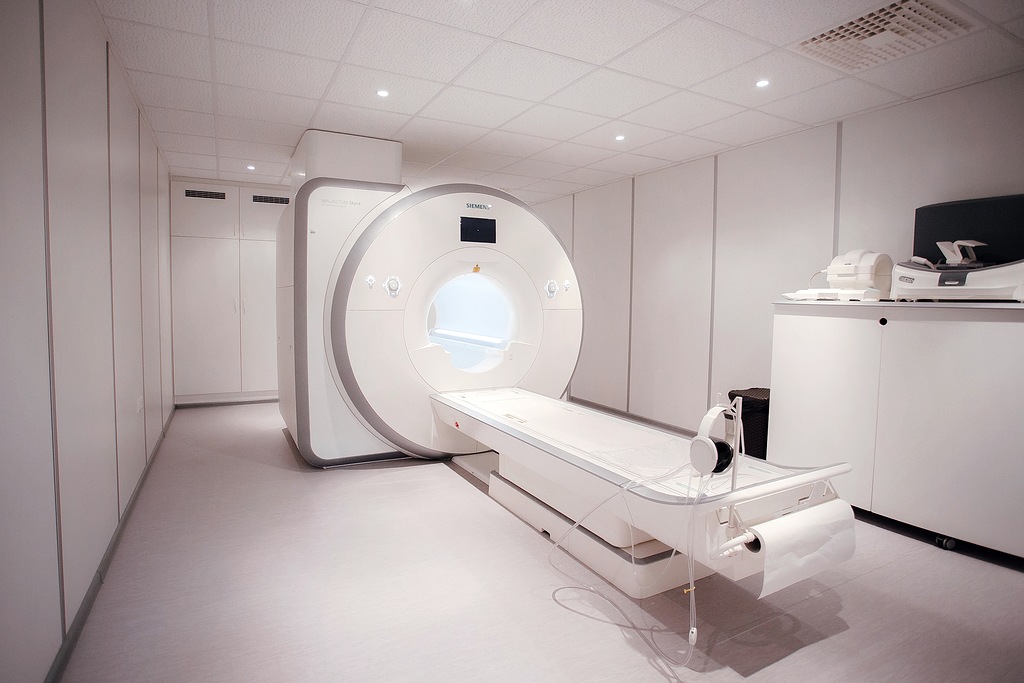MRI of the kidneys

Magnetic resonance imaging of the kidneys, ureters and adrenal glands (retroperitoneal space) is performed to identify inflammatory, dystrophic, and oncological pathologies. The kidneys perform a number of important functions in the body and disturbances in their work can lead to life-threatening complications.
The power of the MRI apparatus in JSC "Medicina" Clinic (Professor Roytberg Clinic) is 3 Tesla. The research is conducted around the clock.
Kidney MRI capabilities
The method of magnetic resonance scanning allows you to diagnose the slightest neoplasms, hormone-dependent tumors, cysts, infectious and inflammatory processes and changes in the mucous tissue of the kidneys.
Retroperitoneal tomography is often complemented by an examination of the renal pyelocaliceal system (MR-urography). Modern equipment allows to diagnose the most common kidney pathologies: glomerulonephritis, abscesses, cysts, stones, tumors.
To increase the clarity of the image, to detect oncological tumors, MRI with contrast enhancement is shown. Cancer tissues are characterized by increased blood supply. Therefore, they are the most accessible for contrast-enhanced tomography. Drugs for enhancement are administered intravenously, and within 24 hours after the study are excreted in the urine. If the kidneys are impaired, then the contrast can not be removed completely and poison the body. Contrast MRI easily identifies the smallest cancerous areas or areas of inflammation.
Indications for MRI of the kidneys and ureters:
- contraindications to urography;
- diagnostics of inflammatory processes;
- cysts, tumors of the kidneys and adrenal glands;
- pathological narrowing of the ureter;
- vascular stenosis;
- calculi in the kidneys or ureters;
- low back pain, not associated with osteochondrosis;
- congenital anomalies in the structure of the organs of the retroperitoneal space;
- monitoring the effectiveness of the treatment;
- preparation for operational activities.
Contraindications to MRI of the kidneys
Some renal pathologies require enhanced visualization with contrast enhancement. This technique is not carried out during breastfeeding and pregnancy, with increased sensitivity of the body and renal failure. An absolute contraindication for any MRI is the presence of metal objects in the patient's body.
Doctors













